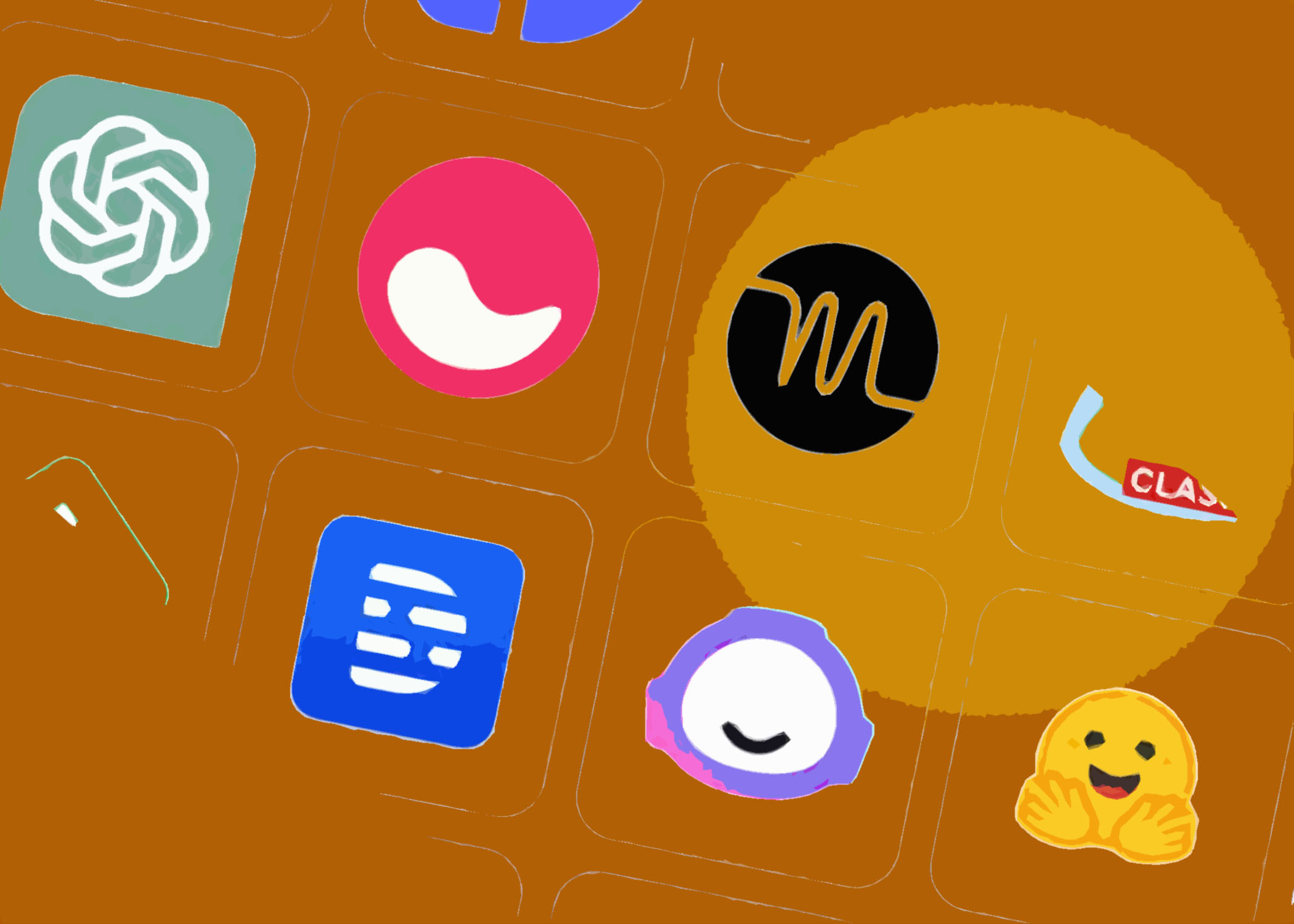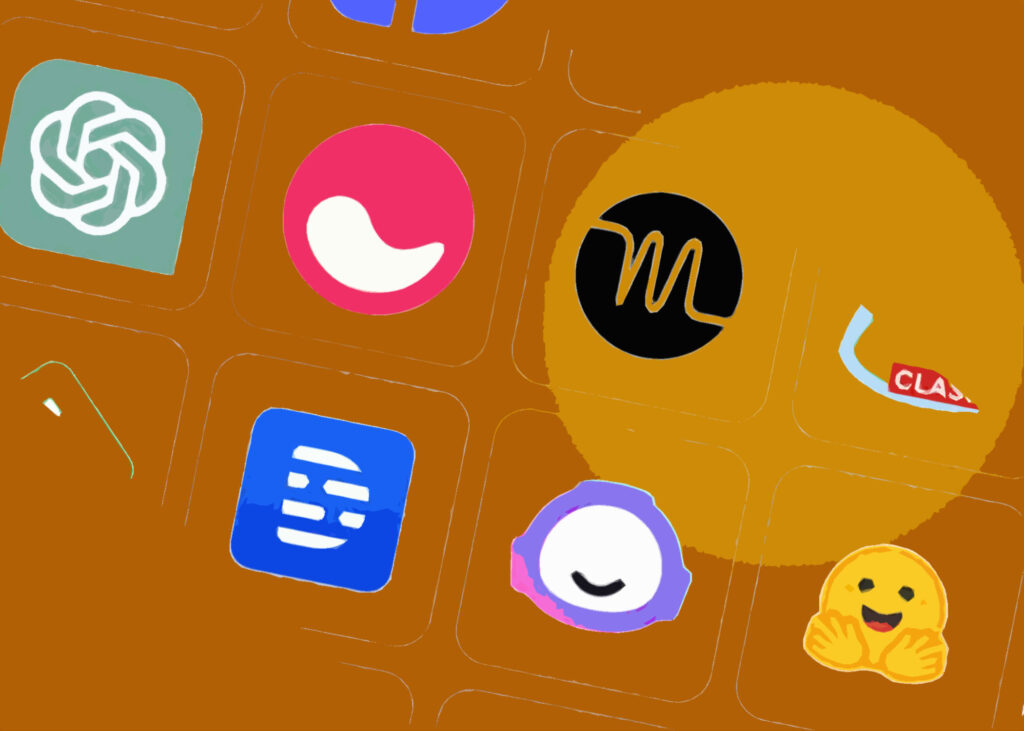Feeling overwhelmed by ChatGPT and other AI tools? You’re not alone. A major international study reveals that most people aren’t using generative AI tools regularly.
The study by Reuters Institute and Oxford University, which surveyed over 12,000 people across six countries, shows that AI hype hasn’t yet translated to widespread use.
Even among those who have tried tools like ChatGPT, Google Gemini, or Microsoft Copilot, many reported using them only “once or twice.” In the US, only 7% of respondents use ChatGPT daily, while in the UK, it’s just 2%.
Interestingly, a significant number of people are unaware of these tools. In the US, 47% hadn’t heard of ChatGPT, and in the UK, 42% were in the dark. Awareness of other AI apps was even lower. After ChatGPT, the most recognized tools are Google Gemini, Microsoft Copilot, Snapchat My AI, Meta AI, Bing AI, and YouChat.
Less recognized were AI imagery tools like Midjourney, Claude, and xAI’s Grok for X (formerly Twitter). Despite the low regular use, the survey sheds light on what early users are doing with these tools.
Broadly, AI usage falls into two categories: “creating media” and “getting information.” For creating media, popular uses include “playing around or experimenting” (11%), “writing an email or letter” (9%), and “making an image” (9%).
In the “getting information” category, top uses are “answering factual questions” (11%) and “asking advice” (10%). Users often verify the information with other sources, given AI’s tendency for errors. For instance, Google warns that Gemini might provide inaccurate or offensive information.
AI tools are also popular for brainstorming and summarizing. “Generating ideas” was noted by 9% of respondents, while “summarizing text” was mentioned by 8%.
Although most people are still experimental with generative AI, many believe these tools will significantly impact daily life. Among 18-24-year-olds, 60% think AI will greatly impact within five years. This optimism declines with age, dropping to 41% among those 55 and older.
| Category | Top Uses | Percentage |
|---|---|---|
| Creating Media | Playing around or experimenting | 11% |
| Writing an email or letter | 9% | |
| Making an image | 9% | |
| Getting Information | Answering factual questions | 11% |
| Asking advice | 10% | |
| Brainstorming | Generating ideas | 9% |
| Summarizing | Summarizing text | 8% |
This study highlights the early stages of AI adoption and the potential for future impact. Whether for creativity or information, generative AI tools are poised to become a bigger part of our lives.
The Niche Status of AI Tools: Understanding the Gap
AI tools remain niche for several reasons. Surveys, including this one, primarily focus on standalone generative AI tools, overlooking the AI embedded in existing products. This means AI usage is likely higher than the study indicates.
Despite this, the survey’s broad sample size and geographic reach provide an interesting snapshot of consumer views and the use of AI tools like ChatGPT. The findings reveal that generative AI remains niche, with Dr. Richard Fletcher suggesting a “mismatch” between the AI “hype” and “public interest.”
Why is this the case? Most AI tools, including ChatGPT, haven’t yet proven to be seamless or reliable enough to become a default part of our tech lives. This is why OpenAI’s new GPT-4o model focuses on a lifelike voice assistant, aiming to increase regular use.
Even tech enthusiasts have reservations about AI tools. However, tech giants are integrating AI into consumer products daily. From Google’s AI summaries in search results to Microsoft’s Copilot in messaging apps and rumored AI features in iOS 18, AI is becoming more embedded in our lives.
While survey respondents are optimistic about generative AI in science and healthcare, they are more cautious about its use in news and journalism and its impact on job security. Despite these concerns, AI technology is poised to become a daily part of our lives.
| Reasons for AI’s Niche Status | Details |
|---|---|
| Survey Focus | Primarily on standalone AI tools |
| Broad Sample and Geographic Reach | Provides consumer views on AI tools |
| Reliability and Friction | AI tools not yet seamless or reliable |
| Tech Enthusiast Reservations | Even enthusiasts have doubts |
| Integration in Consumer Products | Daily integration by tech giants |
| Consumer Optimism and Concerns | Optimism in science/healthcare, cautious about news/jobs |
As AI continues to integrate into everyday products, its usage will likely increase, gradually overcoming current reservations.


